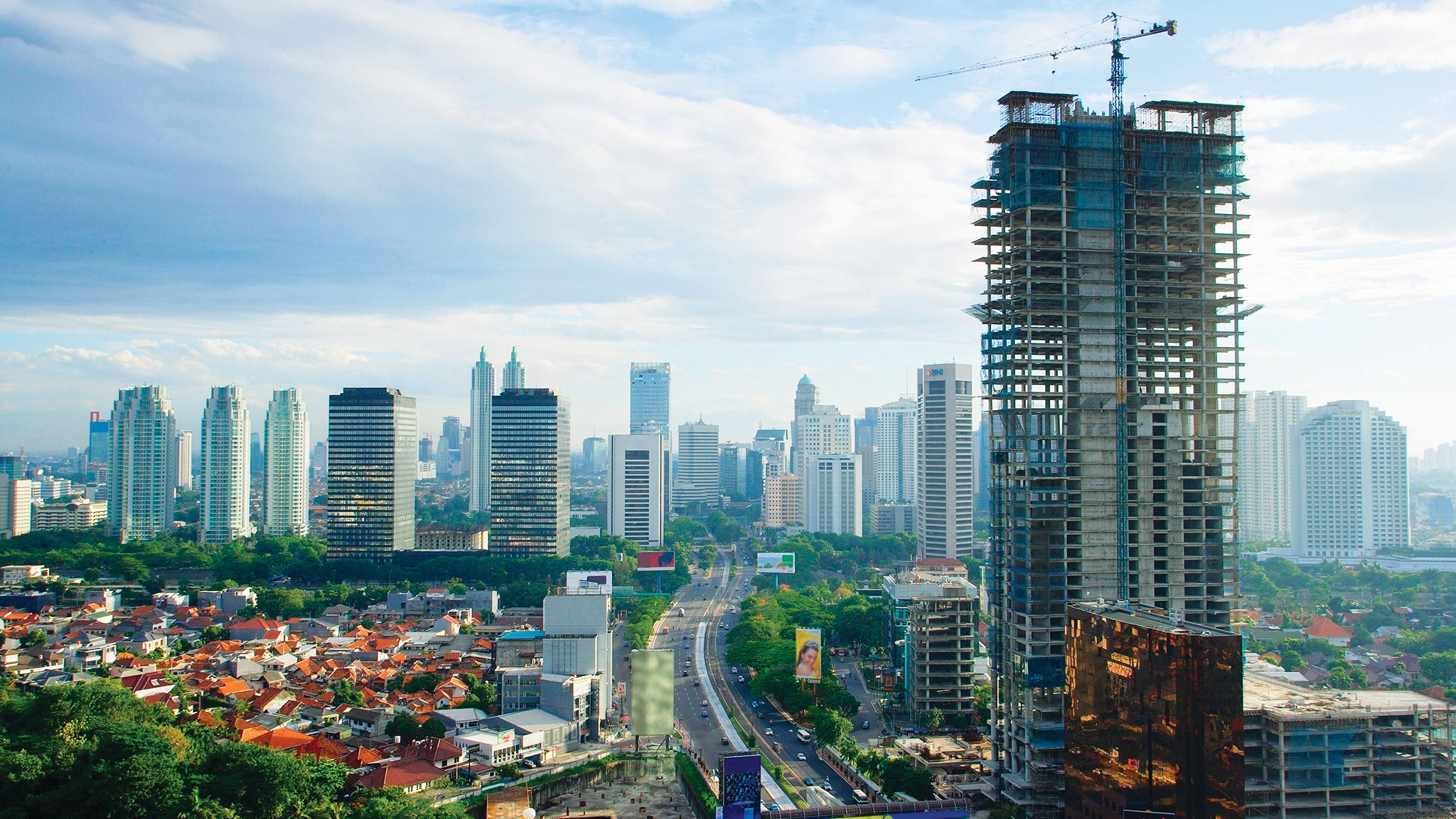Fears of an eventual bubble in Indonesia’s property markets may have failed to come to fruition in recent years, largely thanks to intervention from the central bank, but close monitoring has found the market struggling to rebound after last year’s economic downturn.
From 2009 to early 2015, property prices in Jakarta had doubled – but analysts insisted this was not the tell-tale signs of a bubble, rather the natural correction of prices as infrastructure in the city rapidly developed.
Citing data from commercial and residential property firm Knight Frank, Jakarta’s property price index grew nearly 150 percent from the end of 2009 to 2014.
Prices again surged under the introduction of President Joko Widodo’s flagship reform – the tax amnesty programme. Intended to ensure billions of rupiah would be repatriated to Indonesia, the move saw property prices benefit, despite the programme specifically ensuring investment in only government or corporate bonds, bank term deposits and other financial instruments – not personal property.
Property prices rose ahead of the amnesty roll-out, with Felicia Tandiyono, a property analyst at JPMorgan suggesting the assumed success of the programme was enough to support huge growth in prices.
“People really want to buy property. People who were afraid of the tax scrutiny are now more at ease going into transactions,” Tandiyono said last year, as reported by CNBC.
“Once properly documented through the tax amnesty scheme, we believe that this amount of wealth will likely flow towards property assets due to relatively more attractive returns than some other alternatives e.g. bank deposit rate and bond yields,” Credit Suisse predicted in a note, via the same CNBC report.
But, now that the programme has been successful and begins to wind down, a report suggests fears over a bubble in Jakarta property are likely correct.
Ken Research’s ‘Indonesia Real Estate Market Outlook to 2018 – Expect Burst in Demand Influenced by Bubble Fears’ examined property across the archipelago, focusing on major cities like Jakarta, Bandung, Surabaya and Bali throughout the decade.
“Indonesia’s property sector has shown robust growth owing to the country’s expanding middle class supported by a low interest rate regime and vigorous national economic growth,” the report said, pointing to political optimism as a major influence on this growth.
“The primary reason behind escalation of the Indonesian property market stemmed from the surge in demand which was backed by higher consumer confidence. This had considerably grown owing to optimism towards the legislative and presidential elections in 2014.”
Bank Indonesia, the country’s central bank, predicted an eventual crash in unsustainable property prices – particularly in Bali and Jakarta – as early as 2013, issuing new regulations to curb speculation, oft-blamed for inflating prices, and increasing the minimum down payments on second homes and apartments to 40 percent.
But, these safeguards have appeared to do little with the property price index growing at around two to four points consistently since 2014.
Meanwhile, a report from Colliers International concerning the first quarter of the year concluded in apartment sales: “After the tax amnesty period, we think consumers will be more confident in spending their money, as they have less concern with their expenses.”
Ferry Salanto, a Senior Associate at Colliers, said demand is slowing in the apartment sector after a boom five or so years ago, but expects the second half of 2017 to see sales rebound to a sustainable level.
“We think that consumer purchasing power should continue to improve gradually, as supported by the overall economic improvement, and thus translated into a more aggressive spending outlook post tax-amnesty programmeme. Thus, we expect H2 2017 to become a turning point in the apartment market, as we think buyers should be less concerned with tax scrutiny, and would again opt to purchase apartments as a form of investment,” Salanto concluded.
Meanwhile, supply is beginning to rebound after slowing down in 2016, Salanto found.
“In the first quarter of the year, 59,017 apartment units were under construction of which 21,167 units are expected to reach completion before the end of 2017, followed by 28,303 and 9,547 units in 2018 and 2019, respectively,” he said in the report.
“The annual sales of apartments in Jakarta continue to increase, but at a slower rate than in the past,” he predicted.




